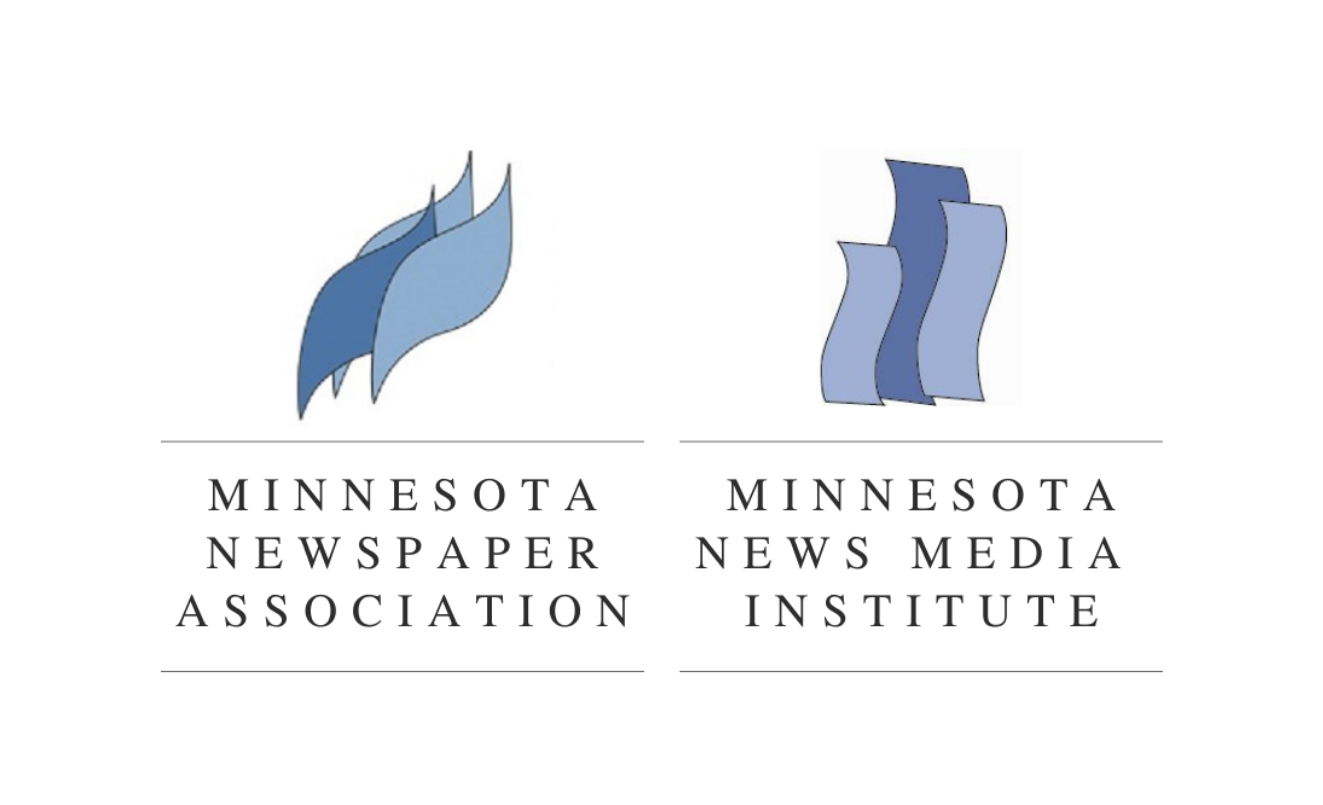By John Foust
Raleigh, NC
 I ran across something in my Bad Ads file which reminded me of ads I see every now and then. It was about an eighth of a page, with big bold type: “Big news coming to Main Street.” That’s it. No details. Just “Big news coming to Main Street.”
I ran across something in my Bad Ads file which reminded me of ads I see every now and then. It was about an eighth of a page, with big bold type: “Big news coming to Main Street.” That’s it. No details. Just “Big news coming to Main Street.”
This is known as a teaser ad. Although it was attempting to create curiosity, I’ll bet it generated little more than a collective “ho hum” from readers.
Teaser ads usually have mysterious headlines like, “Exciting new product coming soon” or “You wouldn’t believe what we have in store.” But these headlines are rarely accompanied by copy that reveals what the fuss is all about. That’s why I think teaser ads are a waste of money.
Here are some points to keep in mind:
- Most teaser ads are ego driven. There is a strong “made you look” element. Unfortunately, some advertisers measure the effectiveness of their advertising by the number of positive comments they hear. In the case of teaser ads, those positive comments come from family and friends – the people who actually know details about the Big Event.
- Most merchants want immediate response from their advertising. Teaser ads can’t do that. Instead of asking readers to take action, they ask readers to wait. Teaser ads sell hype, not benefits.
- Readers are rarely as excited about a coming attraction as the advertiser. Big news to an advertiser is not always big news to consumers. It is human nature for readers to care more about what is happening in their own world than anywhere else. That’s why the best ads dramatize ways the product or service can save money or improve the quality of the consumer’s life.
- Readers are frustrated by advertisers who withhold information. Newspapers and their digital counterparts are sources of information. That’s where people turn for in-depth coverage of news and sports. In the reader’s mind, holding back information – even in advertising – is not fair. It doesn’t fit the general purpose of a news outlet.
- The arrival of the Big Event often doesn’t live up to the build-up. When that happens, readers become suspicious of that advertiser’s future promotions. And the advertiser loses credibility.
- Cleverness vs. creativity. Cleverness calls attention to itself and results in advertising gimmicks. Creativity calls attention to the product and results in sales.
- There’s a big difference between a curiosity headline and a curiosity ad. A curiosity headline is designed to make consumers want to read the rest of the ad (which will provide them with information about a specific product or service). A curiosity ad leaves everything to the imagination. That’s not a good thing.
- Of course, there are exceptions. If planned properly – and if backed by accurate market research – some teaser campaigns can be effective. Most of those successful campaigns build information in layers, over a specific period of time. However, in most cases, advertisers would be wise to avoid teasers and invest their efforts on ads that tell the whole story.
(c) Copyright 2016 by John Foust. All rights reserved.
John Foust has conducted training programs for thousands of newspaper advertising professionals. Many ad departments are using his training videos to save time and get quick results from in-house training. E-mail for information: john@johnfoust.com
